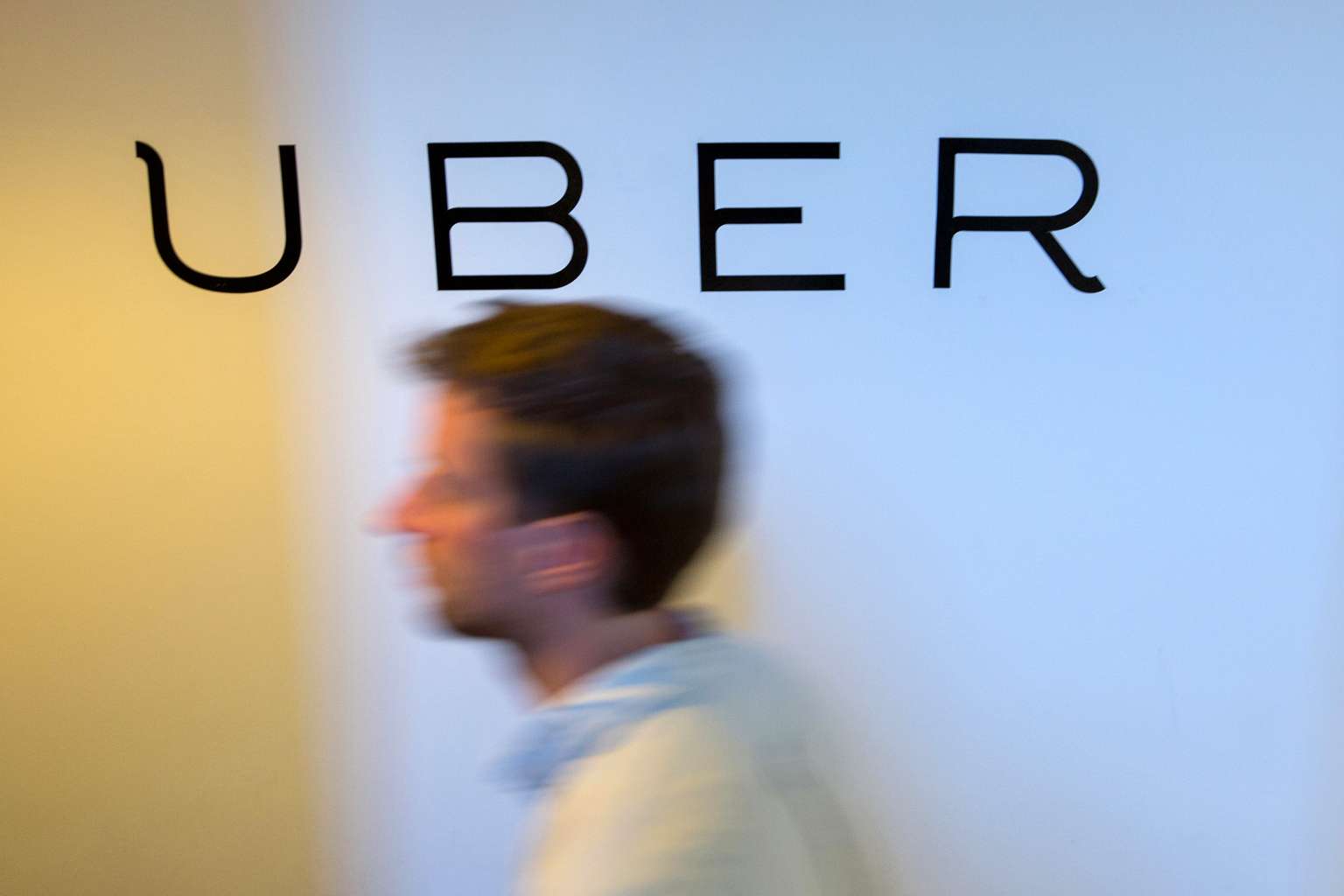Uber launches carpooling service in traffic-choked Indonesian capital Jakarta
Sign up now: Get ST's newsletters delivered to your inbox

It is the first time uberPOOL has been offered in South-east Asia.
PHOTO: BLOOMBERG
Follow topic:
JAKARTA (AFP) - Uber on Wednesday (May 18) launched a carpooling service in Jakarta allowing commuters to share journeys, as competition between ride-hailing apps intensifies in the traffic-choked Indonesian capital.
It is the first time the service - known as uberPOOL - has been offered in South-east Asia and continues Uber's expansion in Indonesia, one of its fastest-growing markets worldwide.
The carpooling function will match passengers in the same area travelling in the same direction, enabling them to split the fare by sharing the car.
Although it adds travel time, Uber says carpooling fares can be 25 per cent cheaper than their regular service. Drivers also benefit as they collect more passengers for each journey.
"Every seat is an opportunity to make money," Uber's regional general manager for Asia-Pacific Mike Brown told reporters.
"It starts to become as competitive as taking a bus."
If it takes off, Uber believes carpooling could ease traffic in the sprawling capital, routinely ranked among the world's worst.
The scheme has proved popular elsewhere, with 20 million uberPOOL trips made every month in China, company data shows. In San Francisco, nearly half of all Uber trips are shared by passengers.
US company Uber, one of the world's most valuable start-ups, has high hopes for Jakarta.
A combination of poor public transport, notorious traffic gridlock and high smartphone use by tech-savvy citizens has seen the popularity of ride-hailing apps explode in recent years.
The launch of uberPOOL came just weeks after the start-up introduced a motorbike taxi service in Jakarta.
The contest between Uber and its rivals - chiefly local start-up Go-Jek and South-east Asian company Grab - has been fierce.
New services are constantly being offered and prices kept low, as the competing outfits battle for the millions in Jakarta who rely on their service every day.
Like in other parts of the world, all have met with resistance from traditional taxi companies, who complain the tech-based services operate illegally and threaten their livelihoods.
Thousands of taxi drivers staged a violent protest in March, blocking major roads in the capital, clashing with rivals and setting tyres alight.
Uber meets with government officials on a weekly basis to ensure it is meeting local regulations, a process Brown said "is going very well".

